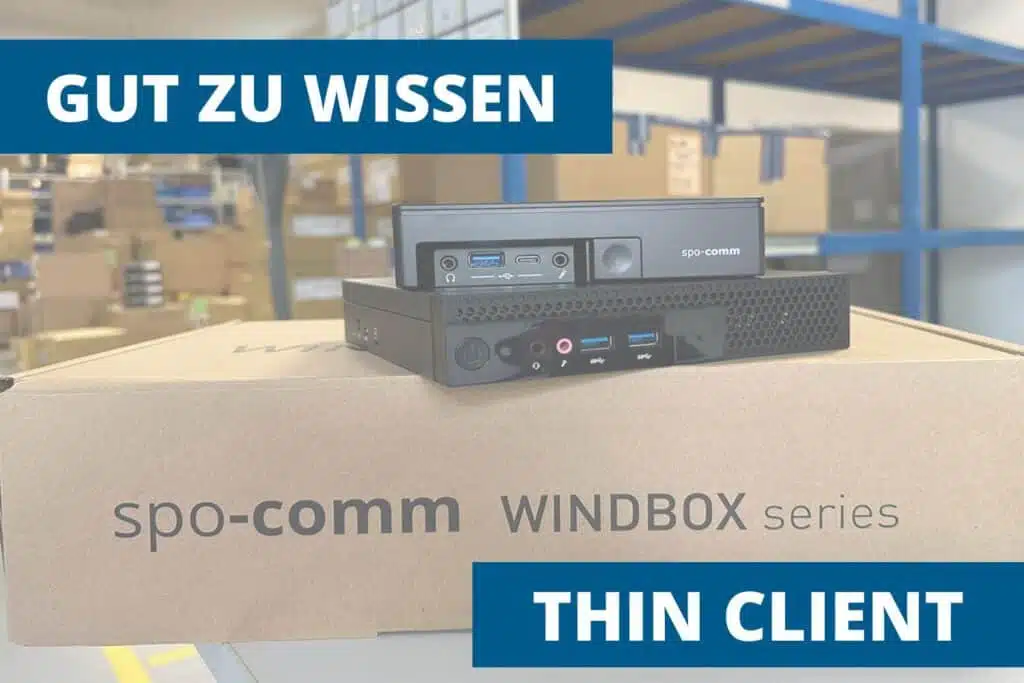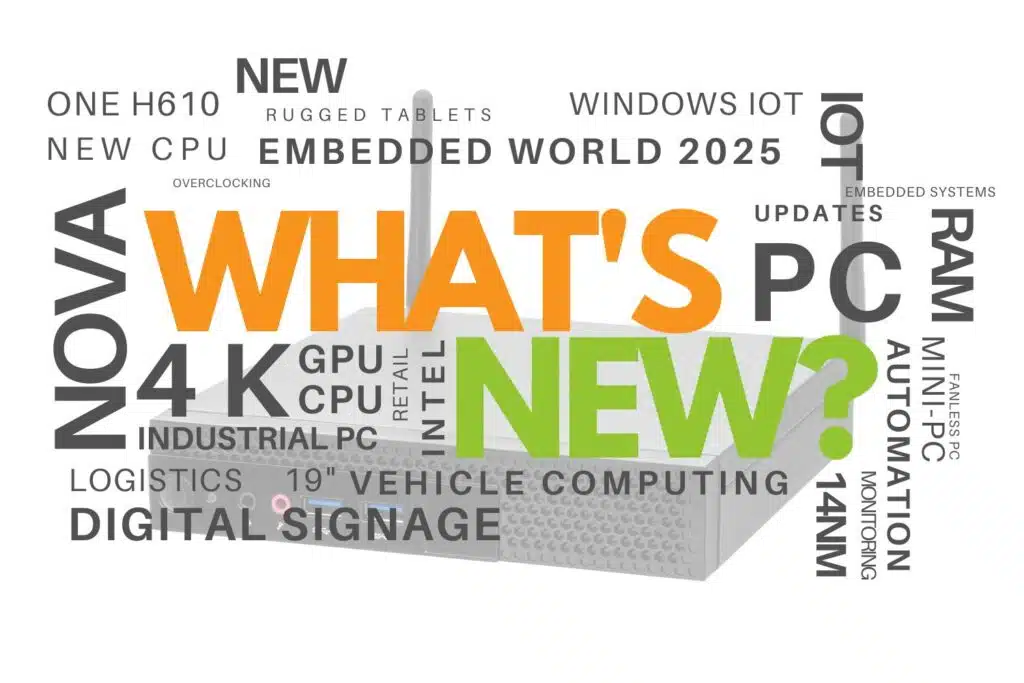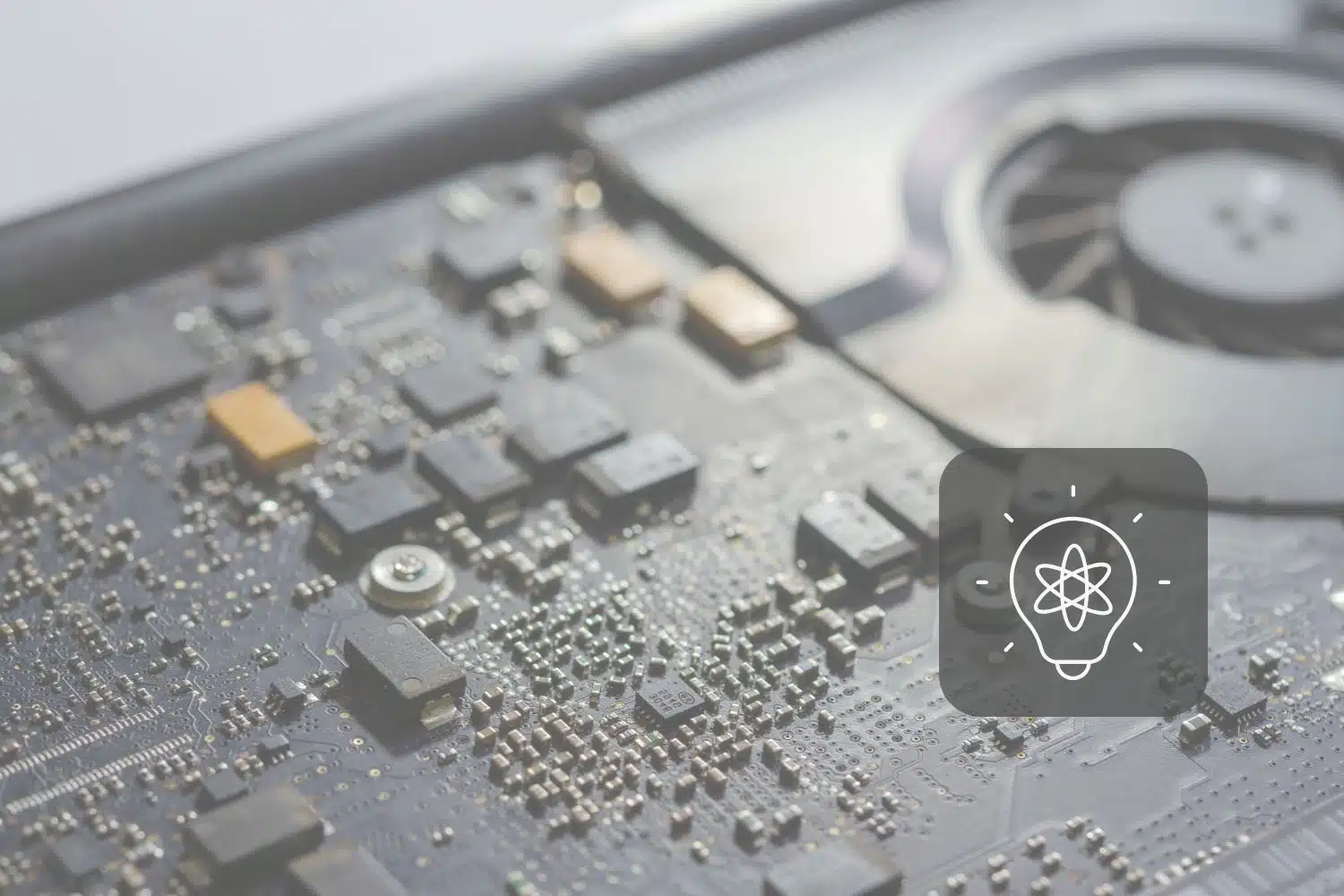18.06.2024


Last month, we were at Embedded World and gained many valuable impressions. In addition, our ONE H61...

Mini PCs are playing an increasingly important role in today's industry - whether in manufacturing, ...

At the start of the new year, we also have news to announce from the spo-comm ranks. The NINETEEN is...
Otto-Kraus-Straße 4c
D-90411 Nuremberg
Phone: +49 (0) 911 / 23 98 37 – 0
E-mail: info@spo-comm.de
You need to load content from reCAPTCHA to submit the form. Please note that doing so will share data with third-party providers.
More Information